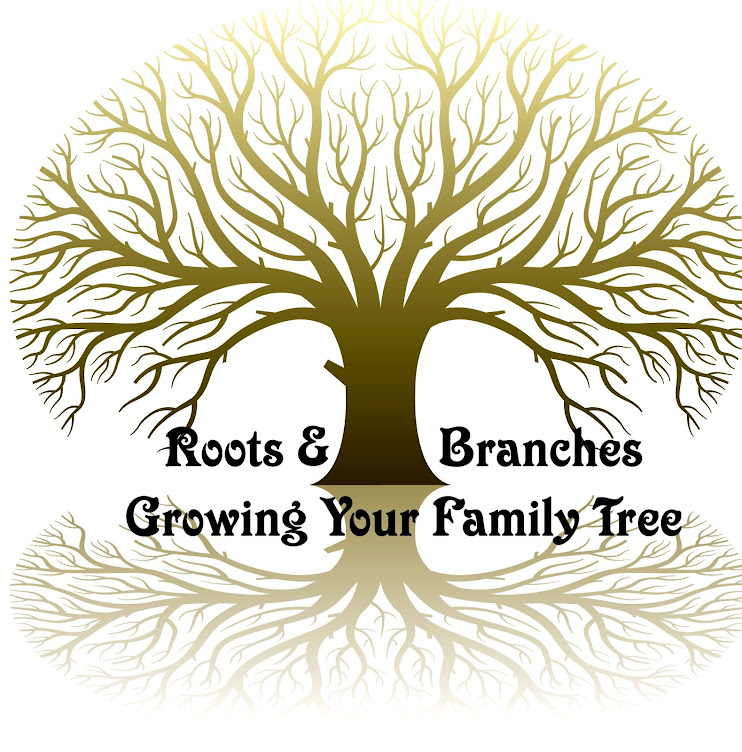Why Was the Information Removed from Online?
NOTE: This is a
slightly updated version of an article I published about a year ago. A
newsletter reader sent a message to me recently expressing
dissatisfaction with records that once were available online but
recently have disappeared. I am offering this republished article as an
explanation about why we should not be surprised when that happens. I
believe that every genealogist should understand why this happens so
this article bears repeating every year or two. Please feel free to
republish this article in newsletters, message boards, or forward it in
email messages as you see fit.
I will also offer a suggestion as to making sure you keep your own copies of online records that are valuable to you.
A newsletter reader sent an email message to me recently expressing
dissatisfaction that a set of images of vital records has been removed
from one of the very popular genealogy sites. Indeed, removal of any
online records of genealogical value is sad, but not unusual. Changes
such as these are quite common on FamilySearch, MyHeritage,
Ancestry.com, Fold3, FindMyPast, and many other genealogy sites that
provide digital images of old records online. Removal of datasets has
occurred dozens of times in the past, and I suspect such things will
continue to happen in the future. I thought I would write a brief
explanation.In almost all cases, information of genealogical value obtained from government agencies, religious groups, museums, genealogy societies, and other organizations is provided under contractual agreements. The contracts specify what information is to provided, how it is to be made available, and what price the web site has to pay to the provider for the records. All contracts also have a defined expiration date, typically 2 years or 3 years or perhaps 5 years after the contract is signed.
When a contract nears expiration, the two parties usually attempt to renegotiate the contract. Sometimes renewal is automatic, but more often it is not. Maybe the information provider (the government agency, religious group, museum, genealogy society, and other organization) decides they want more money, or maybe they decide they no longer want to supply the data to the online genealogy service. For instance, in the time the information has been available online, the information provider may have learned just how valuable the information really is. The information provider may decide to ask for more money or may even refuse to provide the information any more since the provider may have a NEW plan to create their own web site and offer the same information online on their own, new web site for a fee.
Sure, that stinks for those of us who would like to have the information everywhere; but, it makes sense to most everyone else. I am sure the budget officer at most any state or local government archive thinks it makes sense.
Every contract renegotiation is different, but it is not unusual to agree to disagree. The contract ends, and the web site provider legally MUST remove the information from their web site. The same thing frequently happens to all the other online sites that provide old records online.
Moral of this story: If you find a record online that is valuable to you, SAVE IT NOW! Save it to your hard drive and make a backup copy someplace else as well. If there is no option to save, make a screen shot and save it on your hard drive or some other place where it will last for many years. Just because you can see the record online today does not mean that it will be available tomorrow.
COMMENTS
if you can’t download Dick, you gotta love screenshots or saving the page to a pdf ! Like


